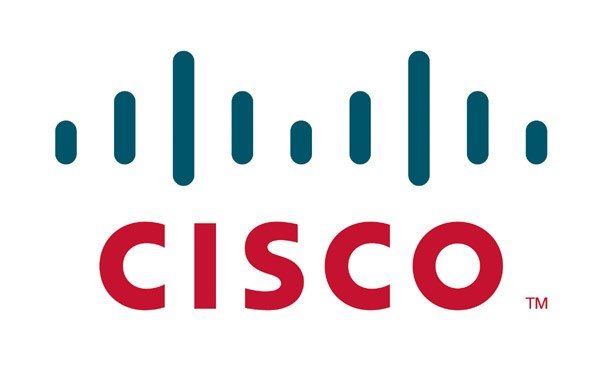
Finanser sponsor Cisco released a report yesterday that has grabbed a ton of headlines:
IT guys steal
Yep, all you techie, geeky, propeller heads out there are thieving criminalistic mafiosa types.
Or so Cisco say anyway.
How do they come to this conclusion?
Because laid-off workers from banks' IT departments during the credit crunch are now using their knowledge to nick loads of cash from their former employers and banks in general.
For example, one technology analyst at the Federal Reserve Bank of
New York was released into the wild and shortly thereafter was arrested for using false identities to take out loans. The FBI found a
flash drive on the former bank employee's computer that held $73,000 of applications for loans using stolen identities.
Stoopid nerd should have used an encrypted flash drive!
The report also outlines six specific security threats:
* Botnets. These networks of compromised computers serve as efficient means of launching an attack. Increasingly, botnet owners are renting out these networks to fellow criminals, effectively using these compromised resources to deliver spam and malware via the software-as-a-service (SaaS) model.
* Spam. One of the most established ways to reach millions of computers with legitimate sales pitches or links to malicious Web sites, spam remains a major vehicle for spreading worms and malware, as well as for clogging Internet traffic. A staggering 180 billion spam messages are sent each day, representing about 90 percent of the world's e-mail traffic.
* Worms. The rise of social networking has made it easier to launch worm attacks. People engaging in these online communities are more likely to click links and download content they believe were sent by people they know and trust.
* Spamdexing. Many types of businesses use search engine optimization to be listed more prominently in searches conducted on Google and other sites. Spamdexing, which packs a Web site with relevant keywords or search terms, is increasingly being used by cybercriminals seeking to disguise malware as legitimate software. Because so many consumers tend to trust rankings on leading search engines, they may readily download one of the fake software packages.
* Text message scams. Since the start of 2009 at least two or three new campaigns have surfaced every week targeting handheld mobile devices. Cisco describes the rapidly growing mobile device audience as a 'new frontier for fraud irresistible to criminals'. With some 4.1 billion mobile phone subscriptions worldwide, a criminal may cast an extraordinarily wide net and still walk away with a nice profit, even if the attack yields only a small fraction of victims.
* Insiders. The global recession has caused many job losses. As a result, insider threats are an increasing concern for businesses in the months ahead. Insiders who commit fraud can be contractors or other third parties as well as current and former employees.
I can certainly corroborate the last point as someone took $5 out of my account the other day and used it to access naughty things on the internet and it wasn't me ... honest.
Anyways, the report is worth a read along with the McAfee video series I mentioned a while ago. That series is now on to Episode 5 and is definitely worth watching too:
**
*
The Finanser is sponsored by Vocalink
and Cisco:

For details of sponsorship email us.
Chris M Skinner
Chris Skinner is best known as an independent commentator on the financial markets through his blog, TheFinanser.com, as author of the bestselling book Digital Bank, and Chair of the European networking forum the Financial Services Club. He has been voted one of the most influential people in banking by The Financial Brand (as well as one of the best blogs), a FinTech Titan (Next Bank), one of the Fintech Leaders you need to follow (City AM, Deluxe and Jax Finance), as well as one of the Top 40 most influential people in financial technology by the Wall Street Journal's Financial News. To learn more click here...

